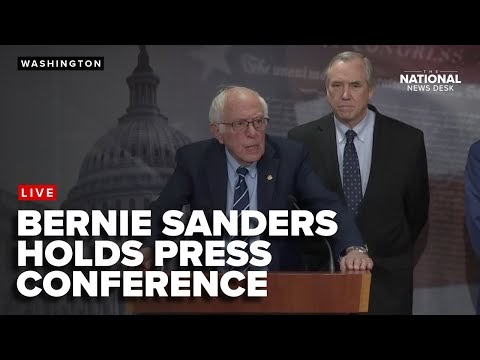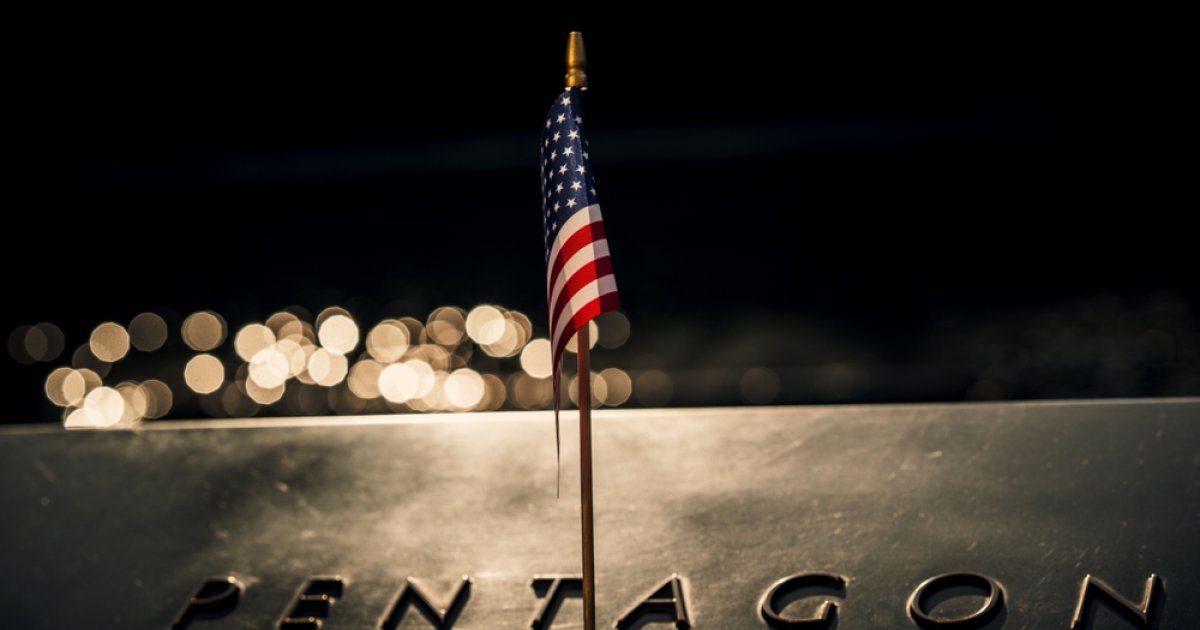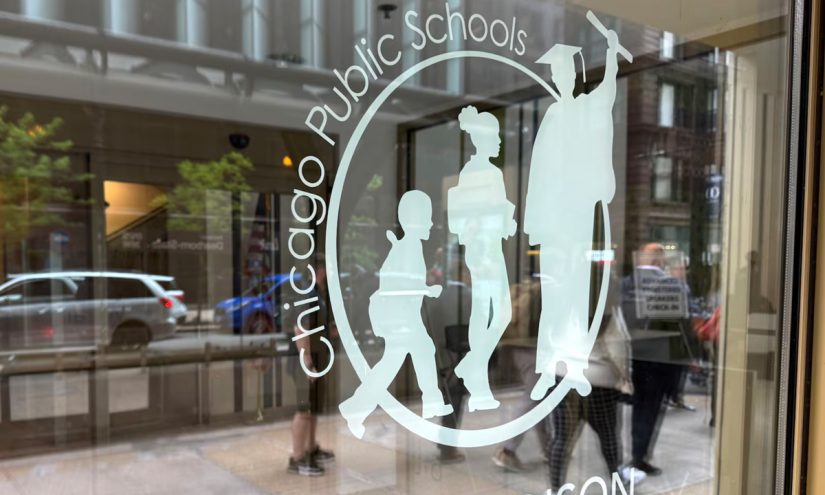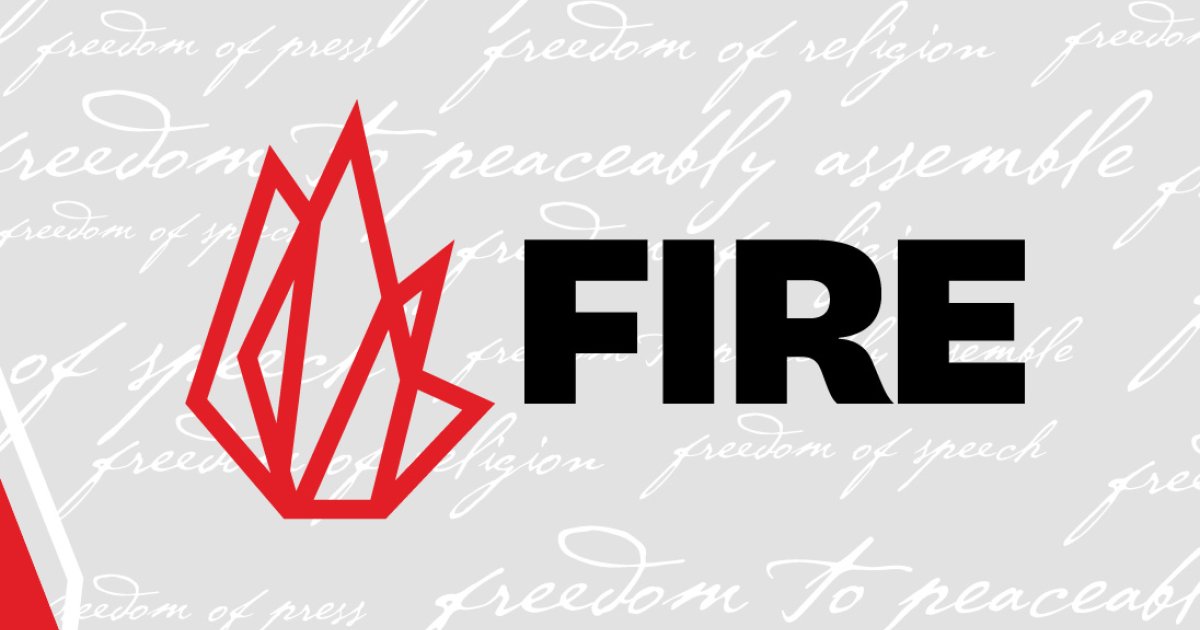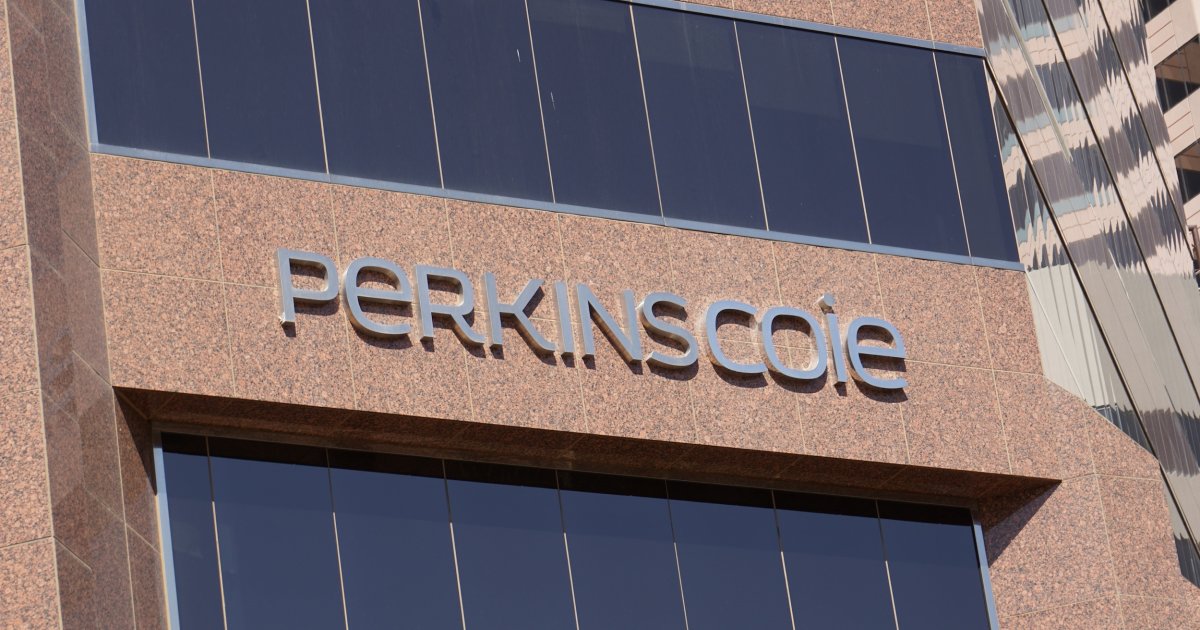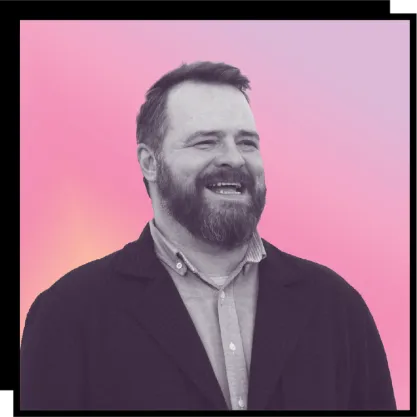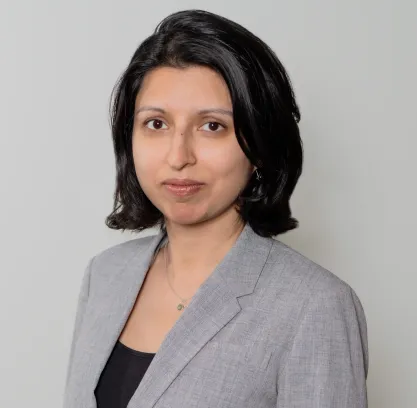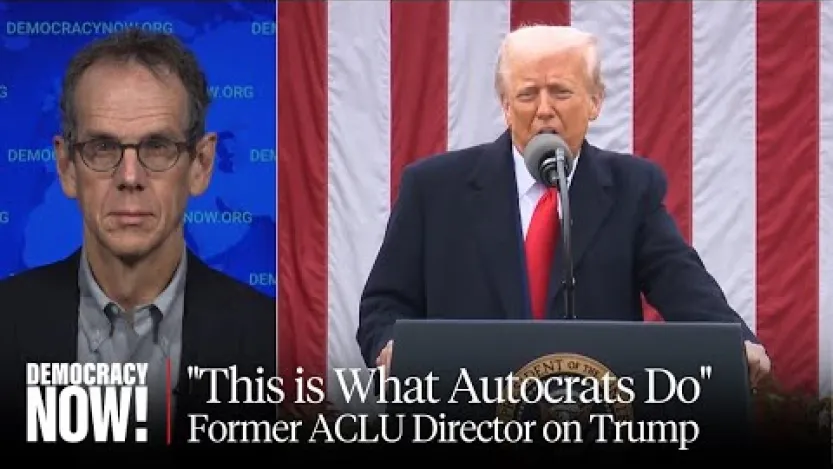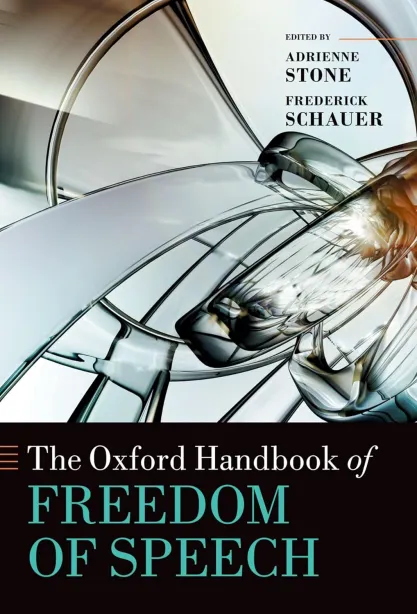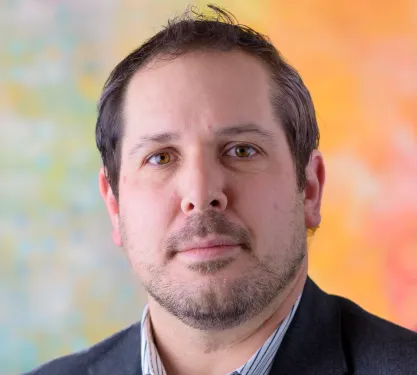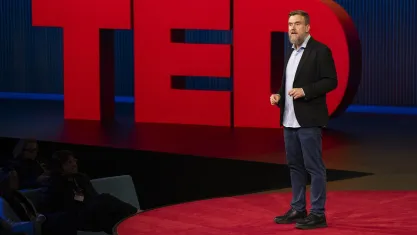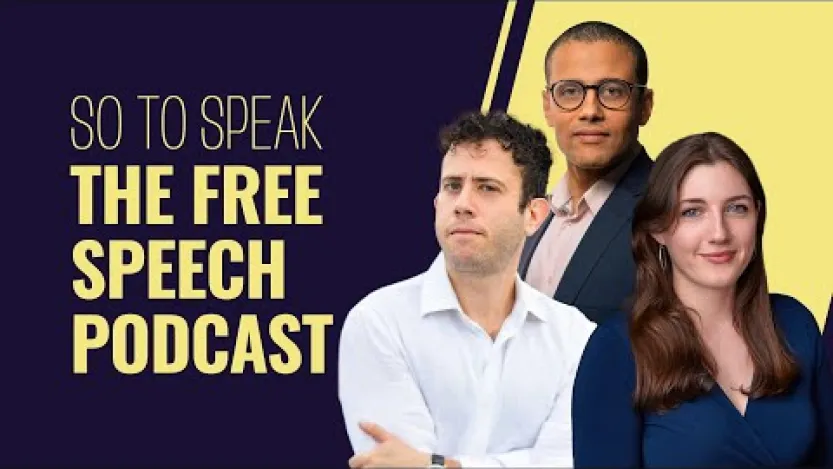In an Aug. 14 email, Bucknell University provost Wendy Sternberg notified the university community that Bucknell University Press would cease to exist at the end of the academic year. Without consulting BUP’s faculty editorial board, which oversees the press and falls under the auspices of the provost’s office, or Bucknell’s faculty or staff at large, the decision was rendered a fait accompli that blindsided the local Bucknell community as well as past, present and prospective BUP authors, editors and contributors.
As might be inferred, the decision to close a university press has wide-ranging implications for not only the home institution and its reputation within the academic community but for the pursuit of intellectualism and critical inquiry in academia and beyond.
Established in 1968, BUP has operated continuously for nearly 60 years, publishing new work in the humanities and social sciences for specialists, students and general readers. Despite its relatively small size, operating only with 2.5 staff positions and publishing about 20 books per year, Bucknell’s press has continued to punch above its weight, as testimonials from BUP authors, editors and directors, past and present, affirm.
Petitions to prevent BUP’s closure have circulated globally, such as those by the American Society for Eighteenth-Century Studies and the Goethe Society of North America, and the closure has been addressed by venues like Publishers Weekly, The Chronicle of Higher Education and Inside Higher Ed. A petition on campus disseminated by members of BUP’s faculty editorial board gathered signatures from hundreds unaffiliated with the university, as well as more than 125 of the voting faculty members at Bucknell, in what assuredly was a signal to Bucknell administrators and the Board of Trustees to reconsider.
But they have not.
As Sternberg wrote, the university was compelled to close BUP to refocus “university resources on our student-centered mission.” The email moreover claims that BUP’s “primary mission supports the scholarly community, and not Bucknell undergraduates.”
This rationale misunderstands the actual work of university presses, which have long trained students for careers in editing and publishing in academic presses, trade publishers and beyond—as noted by testimonials from Bucknell alumni published by The H-Net Book Channel. It likewise does not see our undergraduates as part of the scholarly community—a head-scratching implication given that Bucknell obtained the Carnegie classification system’s new Research Colleges and Universities designation this year because of its research activity, especially undergraduate research. Even more, it brazenly disregards the reality that faculty research informs classroom teaching.
In the more than three months that have passed since Sternberg’s notice of closure, Bucknell University administrators, especially Sternberg and President John Bravman, have been flooded with personal letters and emails cautioning against this myopic decision. Peter M. Berkery Jr., executive director of the Association of University Presses, wrote to the administration in August extending an offer to collaborate on a press review. This offer has gone ignored. Berkery also noted in his letter that a number of universities that have announced their intent to close their presses in recent years ended up reversing course. (Notable reversals include the University of Akron Press, the University of Missouri Press and Stanford University Press, where the university administration threatened to withdraw the press’s $1.7 million annual subsidy before backing away from the plan.)
Berkery added that “in still more cases—including Amherst College, Lever Press, West Point, University of Vermont, the University of Wyoming—institutions of higher education serving a wide remit of students and fields launched new university presses and university imprints, finding that this initiative served their students, faculty, and wider communities in direct and invaluable ways.”
Bucknell administration, however, has remained steadfast in its determination to close BUP and impervious to outcry from the academic community and even alumni. In November, Bucknell faculty approved a motion, presented by myself and three other members of the faculty editorial board, that proposes to evaluate BUP’s future through channels of shared governance that were not previously consulted—even flouted. It calls for the establishment of an ad hoc committee, peopled by Sternberg, the BUP director and several faculty representatives, charged with “determin[ing] a future for the Bucknell University Press that balances fiscal concerns with intellectual and academic values.” The motion stipulates that the committee will present its findings at the February faculty meeting. Of course, the bindingness of these findings remains suspect, as does the future of shared governance nationwide.
Towards the conclusion of Sternberg’s August notice, she wrote, “It is important to note that the door remains open to alternative paths forward for the Bucknell Press at this time. I believe there is great potential for the press to be reimagined in a way that supports undergraduate education — perhaps one that promotes scholarly accomplishments of Bucknell students and faculty and that offers professional preparation for students who seek a career in the publishing world. The academic planning process that is unfolding over this academic year will provide a venue for considering such possibilities.”
While BUP already does these things (as alumni and faculty attest), and this reimagining seems to again misunderstand the premise and goals of a university press, the motion approved by the faculty seeks to make good on Sternberg’s claim to envisage “alternative paths forward” to keep BUP’s doors open, even if such a statement is merely administrative lip service.
Though the prospective closure of BUP may appear a blip on the radar of a fast-changing landscape of higher education, it is yet another warning bell signaling the erosions of shared governance on campuses nationwide. Indeed, the American Association of University Professors’ Policy Documents and Reports (colloquially known as the Redbook) details how the “business-ification” of the university has caused ruptures within shared governance that have ultimately alienated faculty and pitted administrators versus faculty in what may appear a power vacuum: “The involvement of faculty in governance is not a grab for power, special pleading, or partisanship, but action in the best interests of the academic institutions themselves.”
Shared governance, the Redbook continues, promises to be a “potential force for fairness and equity for parties that are too often assumed to be at odds.” But fairness and equity can only be achieved at places like Bucknell if shared governance is preserved and stakeholders are consulted and considered in good faith.
Even more, as the motion passed by the faculty makes clear, while some may believe a university press to be a bespoke ornament, BUP has long been integral to the service and scholarship completed by Bucknell faculty and deeply connected to the institution’s intellectual history. And this is to say nothing of the ways that BUP has dedicated itself to supporting the intellectual and creative careers of academics around the globe for the last 60 years. In a moment in time marked by the determination to unravel both shared governance and academic freedom on college campuses, BUP can’t help but seem part of a larger zeitgeist of academia’s uncertain, seismic shifting.
Yet there’s something distinct about the Bucknell situation in that it is entirely self-inflicted. Bucknell is not buckling under pressure from the federal government; neither has it been singled out for an ultimatum/gilded carrot (depending on how one sees it) like those extended under the Trump administration’s “Compact for Academic Excellence in Higher Education.” It has not suffered higher taxes on its endowment, nor the retraction of large-scale federal funding. The austerity mentality hawked by the administration is one based on a larger trend in which humanistic and social scientific inquiry is deprivileged and the ethos of the liberal arts abandoned, even at those places that seek to brand themselves as such. BUP has become the sacrificial lamb that was meant to succumb to its slaughter silently.
If BUP had represented an insolvent or derelict agent on campus or within the academic community, perhaps the publicity arising from its intended closure would not set about such shock waves. However, that is not the case. Instead, the intention to shutter BUP is a thermometer, if not a klaxon (to mix metaphors), that lays bare a reality in which university presses and the intellectual enterprises they champion are repeatedly under threat. We must not acquiesce to these demanded erasures.



